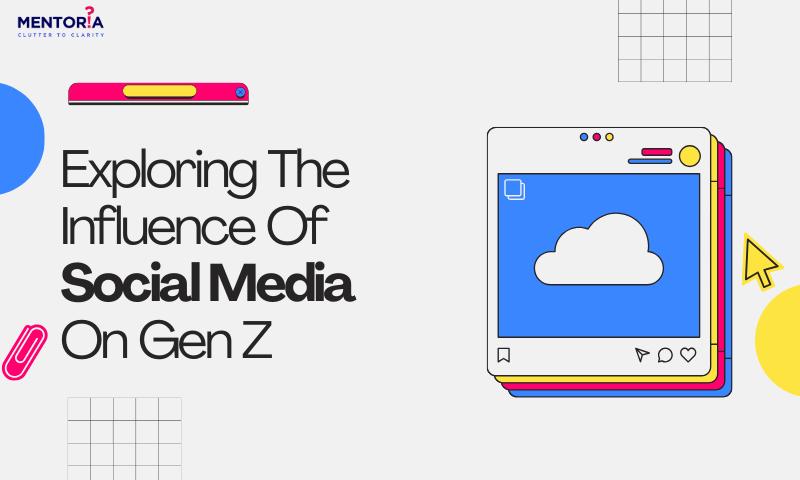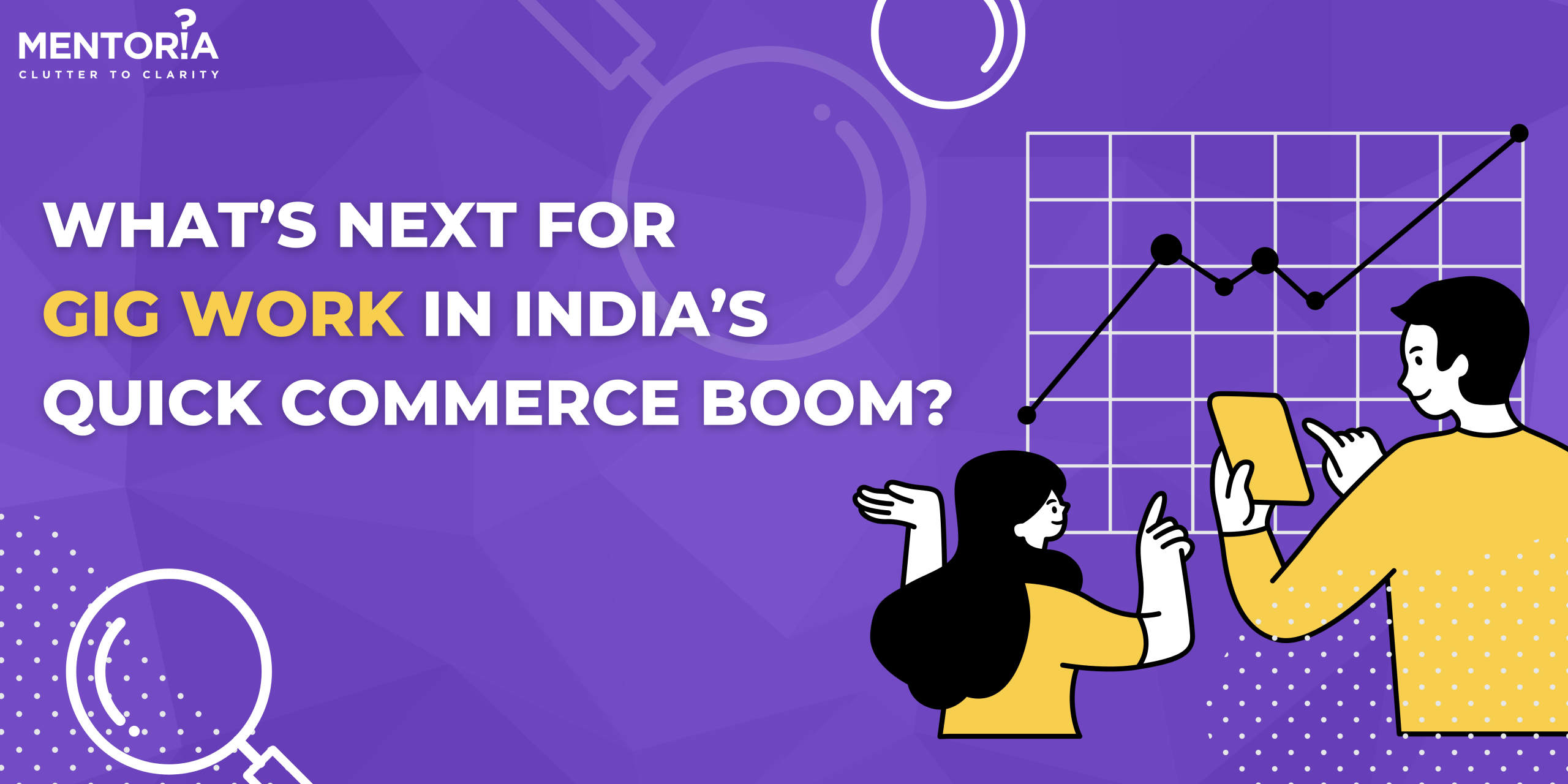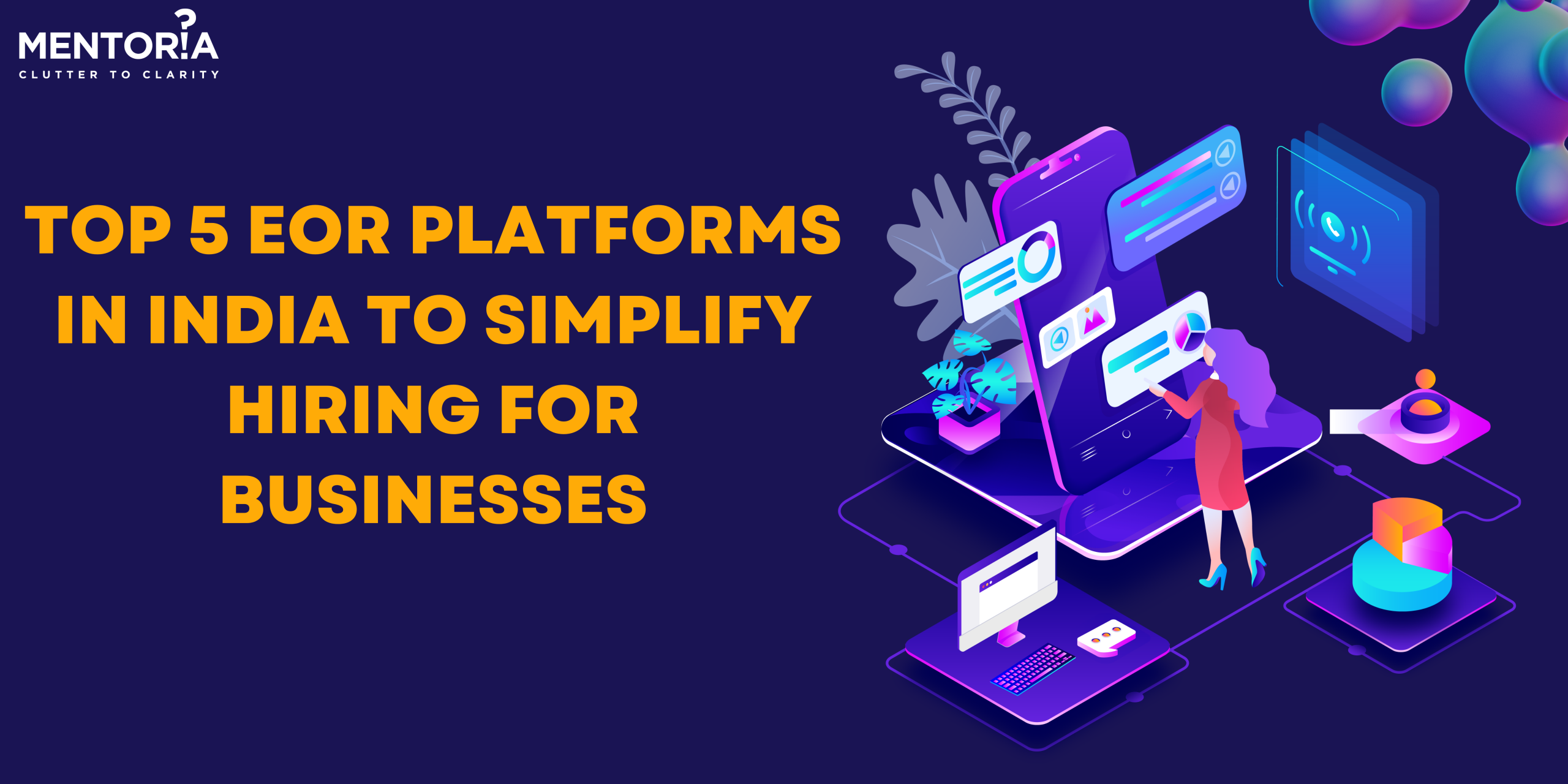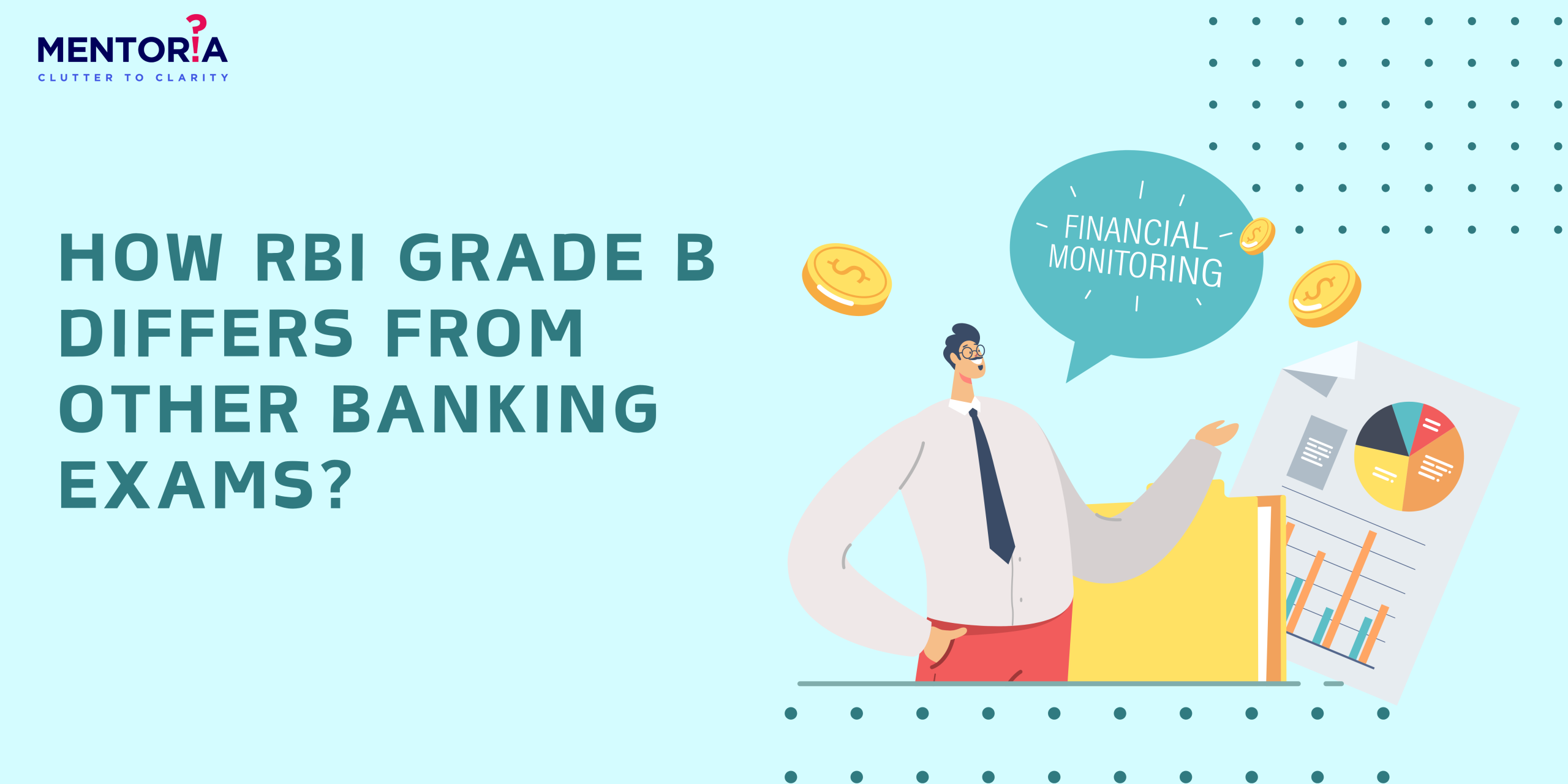Exploring The Influence Of Social Media On Gen Z

Picture this: a world without smartphones, hashtags, or viral TikTok dances. Sounds like ancient history, right? Well, for Generation Z, born roughly between the mid-1990s and the early 2010s, this world of analog simplicity might as well belong in the annals of time. Today’s Gen Zers are the first true digital natives, having grown up with smartphones practically attached to their hands and social media as an integral part of their lives. In this digital age, it’s impossible to ignore the profound impact that social media has had on this generation.
So, what’s the deal with social media and Gen Z? It’s not just about scrolling through endless memes or keeping up with the latest dance crazes (though they certainly excel at that too). It’s about how this ubiquitous technology has shaped their identities, influenced their social interactions, and catalysed their activism. In this exploration, we’ll delve deep into the fascinating world of Gen Z and their complex relationship with social media.
From the rise of digital influencers to the power of hashtag movements, we’ll dissect how social media has transformed Gen Z into a force to be reckoned with, both online and offline. But it’s not all sunshine and selfies. We’ll also examine the darker side of this digital age.
The Social Media Playground: Where Gen Z Calls Home
Snapchat: The Pioneers Of Ephemeral Content
Gen Z isn’t just using Snapchat to send goofy selfies; they’ve pioneered the concept of ephemeral content. The “Stories” feature, where photos and videos disappear after 24 hours, has been a game-changer. It’s all about capturing the moment and living in the now. A study shows that people spend about 34.5 minutes per day on the app and send about 34.1 messages per day.
Tiktok: Short, Sweet, And Super Addictive
TikTok’s meteoric rise has been nothing short of extraordinary. Gen Z has made this platform their stage for creative expression. The 15-second videos have given rise to viral challenges and dance trends that spread like wildfire. A study found that TikTok was the most downloaded app in the world in 2020, with over 2 billion downloads globally.
Instagram: The Visual Storytellers
Instagram, with its focus on visuals, has become Gen Z’s go-to platform for self-expression and branding. From influencers to artists, it’s where they curate their digital identities. Instagram boasts over 1 billion monthly active users, and a significant portion of them are Gen Z individuals who engage with the platform daily.
Social Media And Mental Health: A Closer Look
While social media has brought a multitude of benefits, it has also raised some concerning questions about its impact on mental health.
The Comparison Conundrum
Gen Z often faces the pressure of comparing themselves to curated, idealised online personas. This can lead to feelings of inadequacy and low self-esteem. Research found a significant association between social media use and the likelihood of depressive symptoms in adolescents.
Fomo (Fear Of Missing Out)
The fear of missing out on exciting events and experiences that others seem to be having can be distressing. Constantly scrolling through social feeds can exacerbate this anxiety. Results from a study showed that 48% of adolescents used social media for 3 hours or more per day, and 43.7% had moderate to severe psychological distress
The Pressure To Craft A Perfect Persona
In the quest for likes, comments, and followers, many Gen Z individuals feel immense pressure to curate a flawless online persona. This pressure can be particularly taxing on their mental well-being as they strive to maintain an image of perfection. Research conducted by the University of Pennsylvania explored the phenomenon known as “Facebook Depression” among adolescents. It found that comparing oneself to others on Facebook, often characterised by idealised portrayals, contributed to depressive symptoms and feelings of inferiority.
The Impact Of Constant Notifications
Social media apps are designed to keep users engaged, and one way they do this is through notifications. The constant barrage of notifications can lead to heightened stress and anxiety levels, as users feel compelled to respond immediately to every ping. A study published in the journal Computers in Human Behavior revealed that individuals who received a high number of social media notifications experienced higher levels of stress and lower overall well-being. The never-ending stream of alerts can disrupt concentration and increase anxiety.
Social Activism: Gen Z As Agents Of Change
One remarkable aspect of Gen Z’s relationship with social media is its use as a platform for social activism.
#Blacklivesmatter Movement
Gen Z played a pivotal role in amplifying the #BlackLivesMatter movement on social media. Their posts, videos, and artwork fueled conversations about racial injustice worldwide. In fact, most Gen Z people feel more motivated to get involved in social justice causes due to social media.
Climate Activism And Greta Thunberg
Greta Thunberg, a young climate activist, harnessed the power of social media to raise awareness about climate change. Her viral tweets and impassioned speeches inspired millions. Greta Thunberg’s Twitter account, @GretaThunberg, has over 5 million followers and continues to be a hub for climate change discussions.
Mental Health Advocacy And Destigmatization
Gen Z has taken to social media to advocate for mental health awareness and destigmatization. They’ve created a safe space for open conversations about mental health challenges, reducing the shame often associated with it. The Instagram hashtag #EndTheStigma has gained popularity among Gen Z, with users sharing their personal stories and encouraging others to seek help when needed. This movement has led to increased awareness and support for mental health issues.
Global Education Equality Campaigns
Gen Z has also used social media to champion global education equality. They’ve shared stories and information about educational disparities worldwide, advocating for accessible and quality education for all. The “Share the Light” campaign, initiated by Gen Z activists on platforms like TikTok and Twitter, has garnered attention and support from individuals and organisations worldwide. The campaign aims to raise awareness about the digital divide in education and provides resources to bridge the gap for disadvantaged students.
The Dark Side Of The Like Button: Cyberbullying
Despite the numerous advantages of social media, Gen Z is also grappling with the darker side of these platforms: cyberbullying.
Anonymous Attacks
Cyberbullies often hide behind the mask of anonymity, making it challenging for victims to identify their tormentors.
Case Study: A study published in the National Institute of Health found that cyberbullying victimisation was significantly associated with higher odds of depressive symptoms among adolescents.
Social Media Platforms Taking Action
Many social media platforms are actively working to combat cyberbullying. Instagram, for instance, introduced a feature that encourages users to rethink potentially hurtful comments before posting. Instagram’s “Restrict” feature allows users to limit the visibility of comments from specific accounts, giving individuals more control over their online experience.
Doxxing And Personal Information Exposure
Beyond hurtful comments, some cyberbullies engage in a practice called “doxxing.” This involves the malicious act of publicly revealing someone’s personal information, such as their address, phone number, or even financial details. Gen Z individuals are often vulnerable to this type of attack, and it can have severe real-world consequences, including stalking, harassment, and identity theft.
Embracing The Digital Age With Mentoria
In today’s digital age, social media has woven itself into the fabric of our lives, particularly for Generation Z. From shaping social interactions to influencing cultural trends, the impact of social media on this generation is undeniable. It has provided a platform for self-expression, activism, and even education. However, it has also brought forth challenges such as mental health concerns and information overload.
As Gen Z continues to navigate the ever-evolving landscape of social media, they seek guidance and mentorship to make the most of these platforms. This is where Mentoria steps in. We understand the unique challenges and opportunities presented by social media. Our mentors provide tailored advice on building a positive online presence, leveraging social media for personal and professional growth, and maintaining a healthy balance between the digital and real world.









